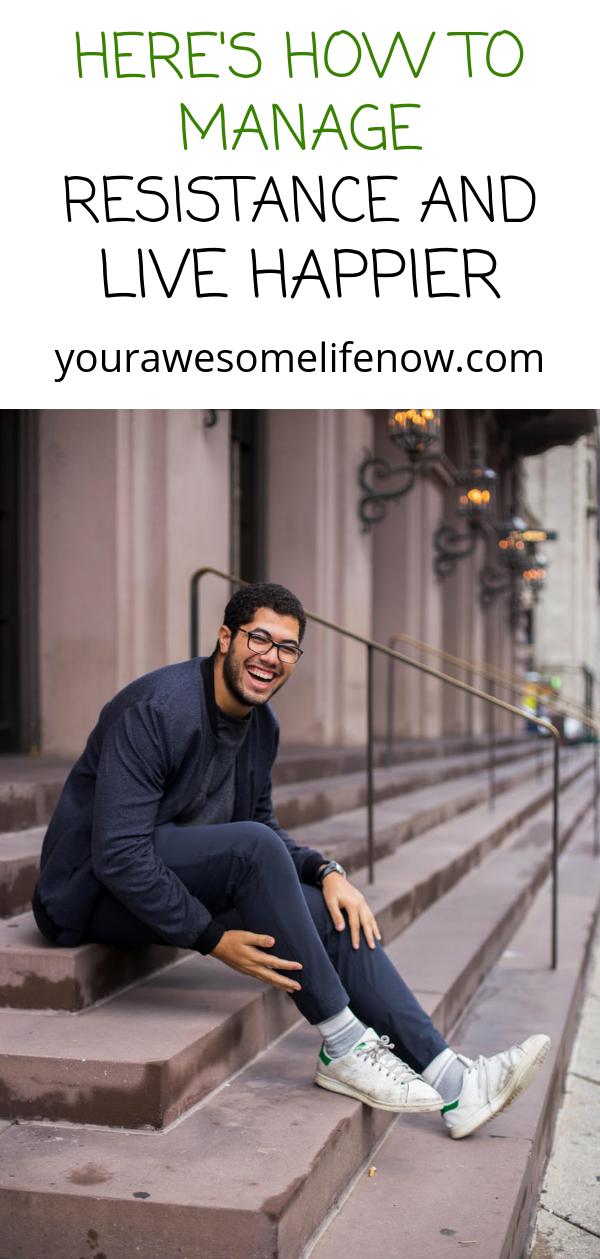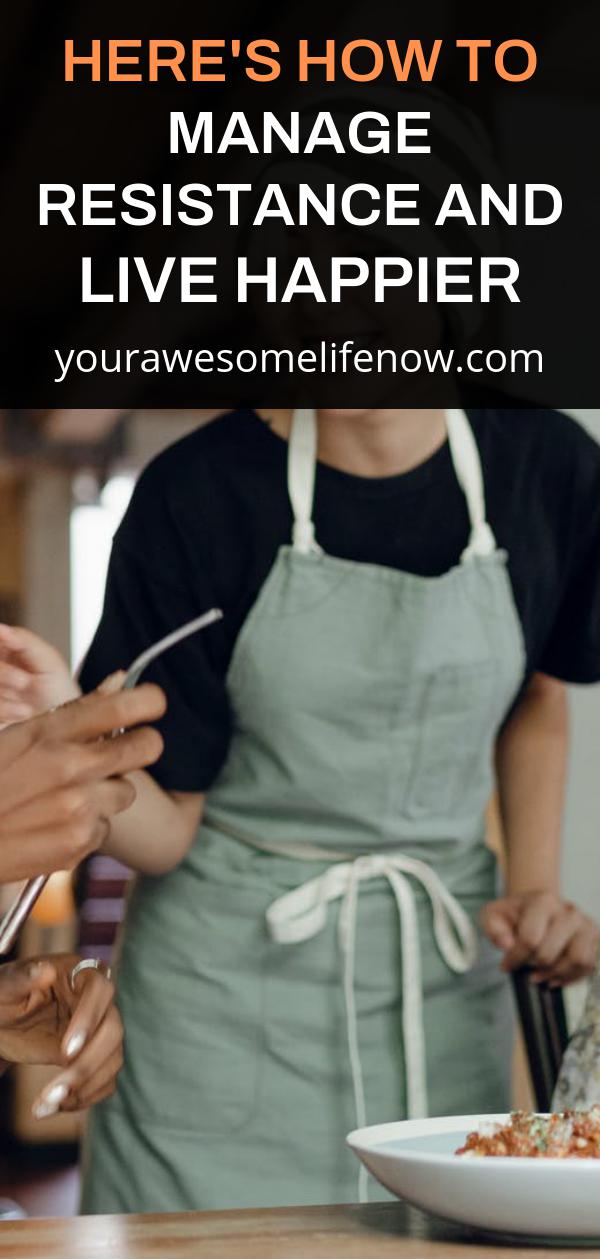One of the things that interest me most about conflict is the tendency to resist it and the ways in which this resistance causes me to miss key moments when I might respond with purpose and intention but do not. Resistance is a reactive habit. When I resist, I’m on automatic, and I fail to spot the opportunity to respond with the conscious engagement of being fully present.
Aikido the martial art I practice and teach suggests that resistance escalates the conflict. When I push, the conflict pushes back. Aikido replaces resistance with alignment and redirection. I change my view from “this person is attacking me” to “this person is offering energy that I can use.”

Aikido (pronounced eye-key-doe) is Japanese for “the way of blending with energy.” Ki means universal energy or life force. Ki Moments are those in which we are fully aware of our life force and our ability to influence our environment.
In aikido, the attack is inevitable, a part of life. We can influence the outcome of the attack by the way in which we engage and direct it. Will I resist and create a contest, ensuring a win-lose outcome? Or will I practice aikido and transform the attack into a gift of energy? How do I make these choices when I am feeling attacked?
- Have a positive and useful purpose. Without a purpose to guide us in the conflict, we end up falling back on habitual patterns of reaction. Refocusing on purpose answers the question “What am I really going for here?” and directs the conflict toward a useful outcome.
- Practice skills and techniques that move us toward our purpose. We have reactive habits that in the heat of the moment take us away from the goal. Changing our conflict “habits” requires skill-building, practice, and persistent application.
- My work focuses on bringing aikido principles to life in “off the mat” scenarios the life “attacks” that we experience in the workplace, in our relationships, and in difficult life events that can occur at any time. How can we turn daily conflicts into life teachers? Just by asking, we begin to transform conflict moments into ki moments and attacks into energy we can use to build the kinds of home, work, and community environments we want to live in.






